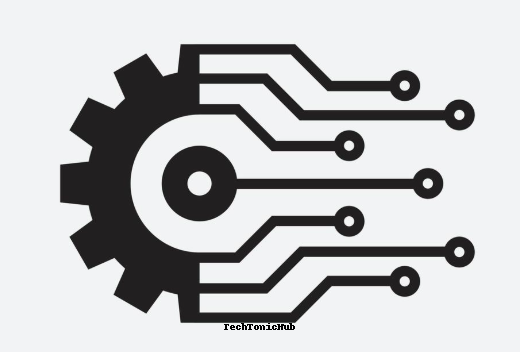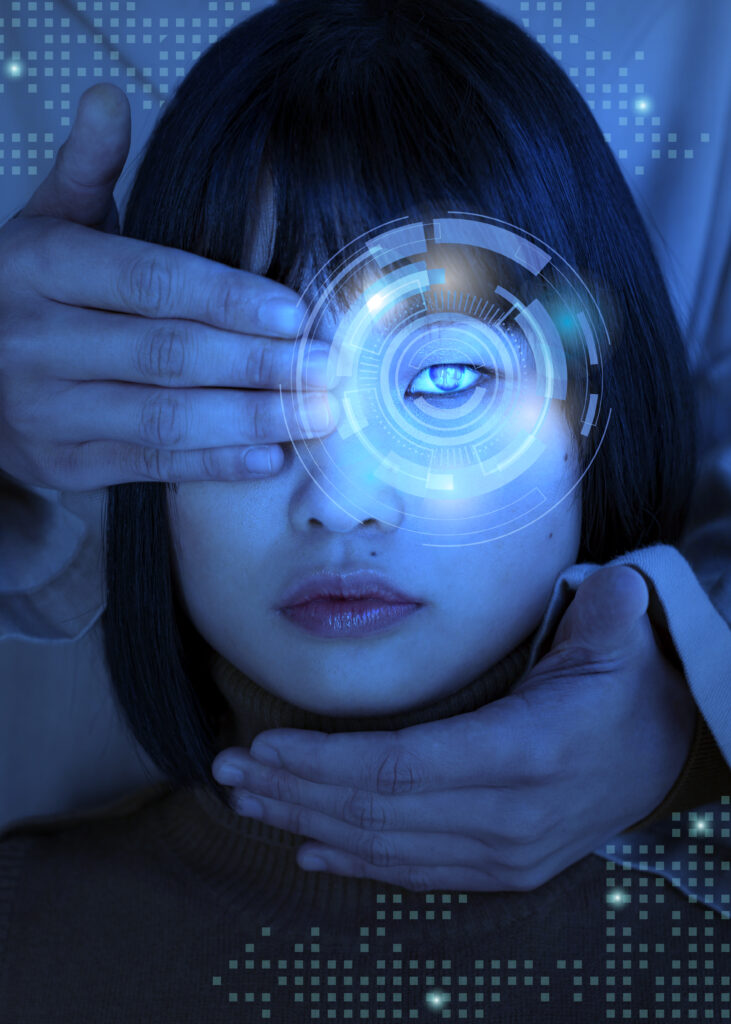Scientist Explains the Next Wave of AI Tools Over the past ten years, artificial intelligence (AI) has rapidly advanced , with the concept of AI agents at the forefront of these developments. From virtual assistants like Alexa to the autonomous driving capabilities of Tesla vehicles, artificial intelligence agents are revolutionizing sectors and daily tasks. Still, what precisely is an artificial intelligence agent, and how different is it from other AI tools? Let’s deconstruct everything(Scientist Explains the Next Wave of AI Tools).
What is an AI Agent?
Scientist Explains the Next Wave of AI Tools” At its heart, an AI agent is sophisticated computer software that can observe its surroundings, make choices, and conduct actions independently to accomplish a certain objective. Unlike conventional AI tools, which frequently need a fixed set of instructions, AI agents are built to act freely and continually learn from their surroundings, increasing their performance over time.
For instance, think of a virtual assistant like Google Assistant. This is an AI agent that listens to your voice (perceives), understands your request (makes a choice), and gives a response or action, such as setting a reminder or managing your smart thermostat (acts).
This autonomy makes AI agents especially valuable in dynamic and complicated contexts, where choices need to be made in real time.Scientist Explains the Next Wave of AI Tools.
How Are AI Agents Different from Other AI Tools?
The outputs of traditional AI tools are dictated by the inputs they receive and are limited to performing tightly specified tasks. One example is a spell checker that works inside a predetermined framework to detect and rectify errors in word processing software.
AI agents, in contrast, operate via a cycle of feedback
Perceive: By using sensors or data inputs, they carefully study their surroundings.
Make a call: They examine the data, often making use of sophisticated techniques such as neural networks or machine learning.
Take action: They go toward a goal with the intention of making it a better one.
Artificial intelligence agents may also learn from their mistakes and improve their replies over time.
How Do AI Agents Work?
To better understand how AI agents function, let’s break their process into three key components:
1. Perception
Through the use of sensors, cameras, or data inputs, AI agents collect information about their environment. Visual data (such as obstacle detection for autonomous cars), textual data (such as voice command parsing for virtual assistants), or system diagnostics (such as workflow monitoring in IT systems) might all be part of this information, depending on the agent’s particular function.
As an example, the Autopilot system in a Tesla vehicle maps its surroundings using a suite of sensors that includes cameras, radar, and ultrasonics. After processing, this data can identify additional cars, traffic lights, pedestrians, and road conditions.
2. Decision-Making
After taking in data from its surroundings, the AI agent uses it to guide its judgments. Algorithms using technologies such as machine learning, deep learning, and reinforcement learning direct these judgments.
Machine learning can help artificial intelligence agents learn from their mistakes and successes, and it can motivate them to make the best decisions by using incentives and punishments, a subset of ML.
For instance, Amelia, a customer service AI from IPSoft, can analyze past support requests to identify trends and provide solutions to complex IT problems.
3. Action
In the end, AI agents do what they decide. This might be anything from switching on a light to driving a vehicle through traffic without human intervention.
We will examine IBM Watson Health, an AI agent in healthcare. Medical professionals rely on Watson, a decision-support technology that analyzes patient data and medical literature to provide treatment alternatives. The fact that it has such a direct impact on patient outcomes shows how dangerous certain AI agents may be.
Real-World Examples of AI Agents
AI agents are already shaping industries in impressive ways. Here are some examples of how they’re making an impact today:
Healthcare
By automating formerly manual processes, such as appointment scheduling, healthcare AI agents like X.AI are allowing physicians more time to devote to actually caring for their patients. Babylon Health, an AI agent, is simultaneously offering virtual consultations based on symptoms and medical history.
Finance
Agents powered by artificial intelligence are assisting banks in automating customer care and fraud detection processes. As an example, Kasisto’s KAI enables banks to provide conversational banking experiences using chatbots by utilizing natural language processing.
Manufacturing
In order to save costs and downtime, manufacturing facilities are using AI agents to monitor equipment performance and anticipate maintenance requirements. Augury Systems Inc. and similar companies use sophisticated algorithms for machine learning
Commercial and financial
The ability of AI agents to comprehend media files, audio recordings, and other forms of unstructured data is improving with the advent of deep learning. Applications like healthcare diagnostics and autonomous cars benefit from this.Ethical Challenges of AI Agents
As powerful as AI agents are, their growing influence raises new ethical concerns. Here are a few key issues we must address:
Vehicle Market
A kind of artificial intelligence, Tesla Autopilot allows for semi-autonomous driving by constantly monitoring the road and reacting to any dangers as they arise.
Everyday Use
voice-activated assistants like Google Home and Amazon Alexa have become commonplace, making it easier to do things like manage smart home devices, set alarms, and search for answers quickly online.
The Next Wave of AI Tools
The next generation of AI agents promises even more innovation, driven by the following advancements:
Reinforcement Learning
Reinforcement learning is redefining how AI agents learn by developing simulations where they may “practice” decision-making before working in the real world. For instance, an AI agent handling warehouse logistics may simulate millions of scenarios to improve storage and delivery routes.
Deep Learning
The ability of AI agents to comprehend media files, audio recordings, and other forms of unstructured data is improving with the advent of deep learning. Applications like healthcare diagnostics and autonomous cars benefit from this.
Multi-Agent Systems
rones coordinating to streamline logistics or AI agents collectively managinMulti-agent systems involve multiple AI agents working collaboratively to solve problems. Picture fleets of delivery dg supply chains to adapt to sudden demand spikes.
Ethical Challenges of AI Agents
As powerful as AI agents are, their growing influence raises new ethical concerns. Here are a few key issues we must address:
Bias in Decision-Making
Decision-Making Bias Artificial intelligence agents may unknowingly acquire biases from the data used to train them, which might result in unjust results. To illustrate the point, algorithms that use biased training data may unfairly target some populations.
Openness and responsibility.
The reasoning behind the judgments made by AI agents is not always straightforward to decipher. This secrecy may have disastrous effects on sectors like healthcare and banking.
Data Privacy
Privacy Concerns The efficient operation of AI agents depends on massive volumes of data, which raises questions concerning the collection, storage, and use of personally identifiable information.
The Future of AI Agents
AI agents have the potential to revolutionize various sectors and aspects of daily life. Through the analysis of patient data to forecast health concerns, they will pave the way for hyper-personalized therapies, quicker diagnoses, and preventive care in the healthcare industry. Artificial intelligence (AI) will streamline corporate operations by automating mundane but necessary jobs, freeing up workers to concentrate on higher-level, more strategic endeavors and encouraging more effective human-agent cooperation. common life will become more connected and efficient as AI agents effortlessly integrate into smart homes, virtual teaching, and other common duties. These innovations will open up new possibilities in several industries while simultaneously improving current offerings.
Wrapping Up
Artificial intelligence agents are changing businesses and our daily lives; they aren’t some far-off idea anymore. They are paving the way for a smarter, more efficient future, from driving automobiles to detecting ailments.
On the other hand, enormous authority entails substantial duty. Staying conscious of the ethical and social effects of AI technology is vital as these agents continue to progress. Unlocking the full potential of AI agents for a brighter future requires overcoming these problems and safely using AI.




